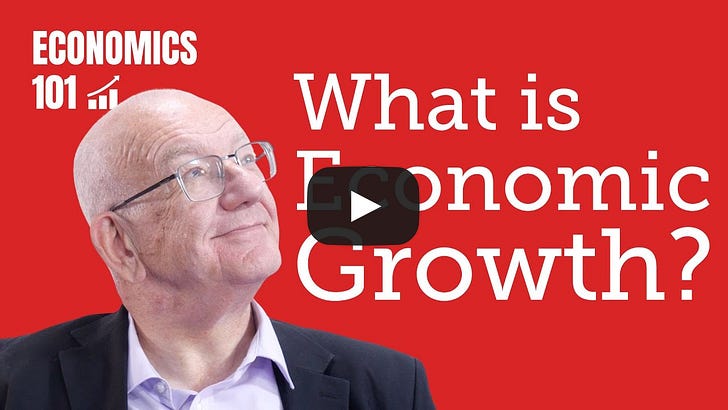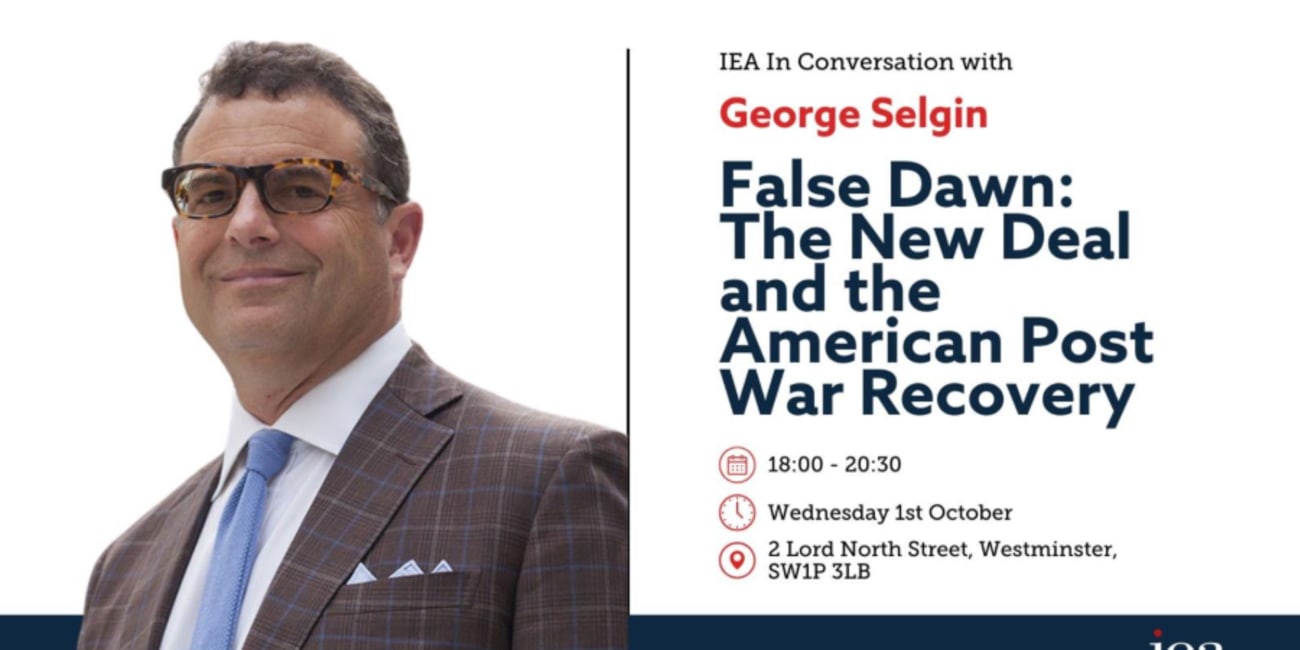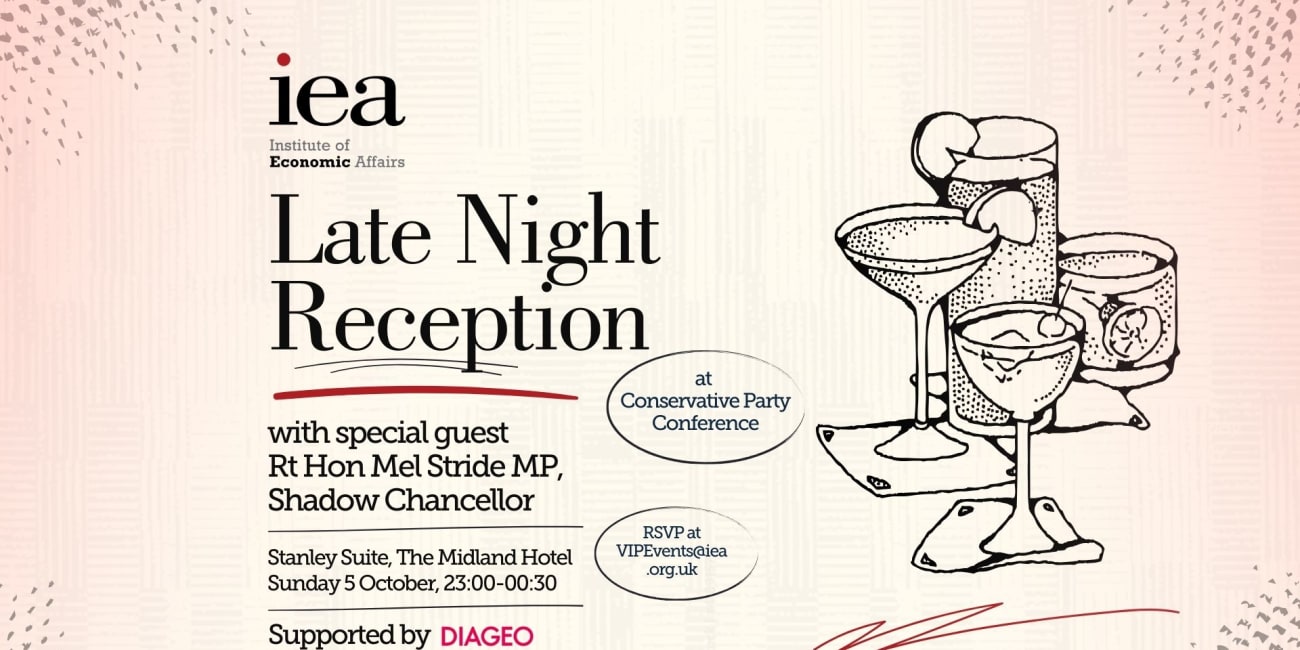|
In today’s newsletter:
How groundbreaking is the new US-UK nuclear deal?
Why are there £134bn worth of pending class actions in Britain?
The Bank of England’s decision to hold interest rates
This week, US President Donald Trump came to the UK for his second state visit. Other than the pomp and frills, the question of Peter Mandleson’s sacking, and what dress the Princess of Wales wore at the state banquet, the most interesting story to come out of the 48-hour visit was the announcement of an “Atlantic Partnership for Advanced Nuclear Energy”.
The focus of the partnership is to make it quicker for companies to build nuclear power stations in both Britain and America. The deal aligns the US Nuclear Regulatory Commission, the UK Office for Nuclear Regulation, and the UK Environment Agency to streamline and accelerate licensing, specifically targeting reactor design reviews within two years and site licensing within one year.
In practice, this means that if there is a type of reactor that has already passed all of the required safety assessments in one country, that work can be used in the other. This reduces duplication and, in theory, should cut licensing approval time.
More broadly, regulatory free-riding could be a really fantastic way to reduce the time it takes for projects to be approved. If a technology is deemed safe enough in another country, especially another country with safety standards akin to ours, it should be deemed safe in Britain too.
The Government is aiming to halve the time that it takes to gain regulatory approval for nuclear projects. This could be very exciting.
Nuclear energy is the safest and most reliable energy source in the world. Unlike solar or wind, nuclear offers power 24/7. It also takes up a fraction of the space.
Unfortunately, Britain is currently one of the most expensive places in the world to build new nuclear reactors. Regulatory restraints are one of the main culprits, and this has only gotten worse since the turn of the century. Hinkley Point C, for example, is estimated to cost £46 billion when finished, making it the most expensive nuclear power station ever built.
This problem becomes even more startling when you compare the UK to our international counterparts. According to a new report by Britain Remade, our per-kW costs are about six times South Korea’s. Both Finland and France deliver the same design, European Pressurised Reactors, for significantly less.
The problem is, as is too often the case, our burdensome planning system. Sizewell C took legal challenges, seven consultations, and an 80,000+ page environmental impact assessment to build.
In 2022, the Government announced they were aiming to reduce energy demand by 15% by 2030. Has there finally been the realisation that you cannot be a rich country without cheap and abundant energy?
The US-UK deal may be a small step in helping ease the problem, but we could go much further and actually overhaul the red tape holding Britain back.
Regulatory reforms could significantly reduce the cost of nuclear energy in Britain and make financing projects must easier. However, it remains to be seen whether, even then, large-scale nuclear projects would be viable without Government support. Small Modular Reactors may prove more feasible as a market-led option.
Ultimately, if we are serious about energy abundance and economic growth, then we have to go beyond international cooperation and first focus on domestic regulatory reform.
Reem Ibrahim
Head of Media & Linda Whetstone Scholar
The best way to never miss out on IEA work, get access to exclusive content, and support our research and educational programmes is to become a paid IEA Insider.
IEA Podcast: Head of Media Reem Ibrahim, Executive Director Tom Clougherty, and Editorial Director Kristian Niemietz discuss the UK economy, nuclear energy and why Britain’s future could be French — IEA YouTube

Class Act: The case for reforming Britain’s class action regime
Recent years have seen sharp growth in the number and scale of class actions filed before the UK Competition Appeal Tribunal.
Pending claims are worth an estimated £134 billion. There are 655 million claimants, that is, ten claims per person. On average, there is roughly one new class action every week.
The sudden increase in the scope of claims raises questions about their quality. The strong economic case against hardcore cartels applies equally to private litigation, but there are also some more adventuresome cases which stray from true cases of economic harm. Such cases increase costs and could harm innovation.
Why Every British Adult is Now in a Class Action Lawsuit | IEA Briefing, Managing Editor Daniel Freeman interviews report author Stephen Dnes, IEA YouTube
Class action boom hampers Britain’s economic expansion, CityAM
The surge in cases could cost the UK economy up to £18bn, diverting resources away from innovation and undermining growth, according to a new Institute of Economic Affairs (IEA) report… A report, authored by lawyer Stephen Dnes, warns that the UK’s competition class action system has seen an explosion of speculative lawsuits, with around one new class action filed each week, driving up legal costs and exposing businesses to significant financial risk.
IEA urges overhaul of UK’s GBP 134 billion class action regime, iclg
Think Tank Wants Funders To Bear Costs In Bid To Curb CPOs, Law360
UK economy faces £18bn hit from surge in class action lawsuits, IEA report claims, Business Live
News and Views
What is Economic Growth? Episode 1 | Economics 101, Dr Steve Davies, IEA YouTube

Wealth Managers React As UK Puts Interest Rates On Hold, Executive Director Tom Clougherty was quoted in Wealth Briefing
The Bank's decision to hold interest rates while slowing the pace of quantitative tightening is a sensible one. It is hard to make a case for a more aggressive loosening of monetary policy while measured inflation remains stubbornly high. However, growth in broad money is low, which suggests that price rises are coming from supply-side factors – like taxes and regulatory restrictions that drive up costs. That is regrettable, but not something the Bank can or should do much about. What we really need now is spending restraint and a much more ambitious pro-growth agenda from the government.
Employment Rights: Impact on Businesses, Institute of Economic Affairs research on the Employment Rights Bill was referenced by Lincoln Jopp MP in a Westminster Hall debate
Fiscal conservatism needs a revamp, because it may sound grey but it’s what we need, Director of Communications Callum Price wrote in ConHome
The size of our state and the scale of Government spending is barely fathomable, and entirely unsustainable.
The national debt has skyrocketed in the aftermath of Covid to 100 per cent of GDP. Just paying the interest on that debt costs more than we spend on the police, justice system and defence combined. Forty per cent of spending goes on health and welfare, including pensions.
These are not costs that are on a downward trajectory. Our population is getting older, which not only means more pensions and more healthcare to fund, but fewer working-age people to do the funding.
Nobel Prize Economist: Why Institutions Matter, Executive Director Tom Clougherty interviews Professor Simon Johnson, IEA YouTube

Is the welfare state too big?, Head of Media Reem Ibrahim appeared on LBC
City AM Shadow MPC votes 8-1 to HOLD interest rates, Economics Fellow Julian Jessop was quoted in CityAM
Julian Jessop, who backed an interest rate cut in August, said more data was needed to justify interest rates being cut further as they had already fallen to a “reasonable level”.
He put more emphasis on the management of the Bank’s QT programme when making a decision on interest rates this time around.
“The key decision at this meeting will be the pace at which the Bank will reduce its holdings of gilts over the coming year,” Jessop said.
“A significant scaling back of bond sales would strengthen the case for leaving Bank Rate on hold.”
Why China's Economy is Failing, Managing Editor Daniel Freeman interviews Ian Williams, IEA YouTube

OPINION: Is it safety or sales pushing the lower drink-drive limit?, Head of Lifestyle Economics Dr Chris Snowdon has written for the Morning Advertiser
Director of Communications Callum Price appeared on TalkTV
What is the new US-UK deal?, Head of Media Reem Ibrahim appeared on Jeremy Vine’s BBC Radio 2 show
Labour warned gambling levy changes would be ‘irrational’, Head of Lifestyle Economics Dr Christopher Snowdon was quoted in CityAM
Christopher Snowdon, head of lifestyle economics at the IEA, said the government “seems intent” on directing gamblers towards offshore markets that limit government revenue in the UK.
UK-US crunch talks underway, Head of Media Reem Ibrahim appeared on GB News
You’re currently a free subscriber to Insider. For the full experience, upgrade your subscription.
Paid subscribers support the IEA's charitable mission and receive special invites to exclusive events, including the thought-provoking IEA Book Club.
We are offering all new subscribers a special offer. For a limited time only, you will receive 15% off and a complimentary copy of Dr Stephen Davies’ latest book, Apocalypse Next: The Economics of Global Catastrophic Risks.







